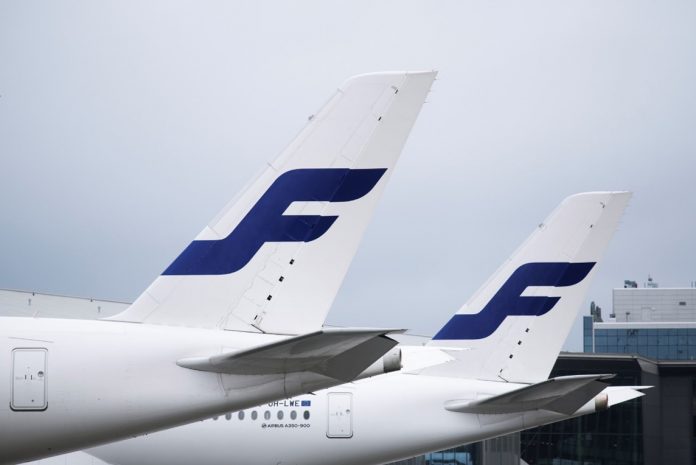Finnair’s strategy has long been based on connecting Europe and Asia via the short northern route, using Russian air space. Following Russia’s invasion of Ukraine and the subsequent closure of Russian air space, flight times to Finnair’s Asian destinations are now considerably longer, weakening the profitability of the company.
Finnair’s new strategy aims to return to profitability regardless of closed Russian air space. As Finnair is now faced with a different competitive situation and the weight of the different markets in Finnair’s business is changing, significant structural renewal is required to be competitive.
“The changes in our operating environment require a new strategy and significant renewal of Finnair, especially related to costs”, says Finnair CEO Topi Manner. “We have, however, an excellent foundation to build on: our excellent, differentiating product, strong safety culture, strong brand, our high-quality execution capabilities, our commitment to sustainability and our track record of adapting and renewing ourselves.”
Finnair’s new strategy focuses on building a competitive airline, with the target of reaching the pre-pandemic comparable EBIT level of at least 5% from mid-2024.
The key actions to achieve this include:
- A geographically more balanced network connecting Europe to Asia, India and the Middle East, and North America via Finnair’s home hub Helsinki, including a continued strong domestic presence.
- A reduction of the fleet to optimize for the go forward network.
- Significantly strengthening unit revenues through enhanced digital offering, competitive products and customer choice.
- Further leveraging various partnerships, most notably oneworld alliance and joint businesses, to strengthen distribution, network reach and product offering.
- Reducing unit costs by approximately 15%* from the 2019 level to be competitive in all markets.
- Building a sustainable balance sheet that allows the company to invest in the future.
- Being among sustainability leaders in the aviation industry.
*for main products excluding fuel, stage length adjusted; including the over 200 million euros of cost savings already achieved since end of 2019
To reach the desired outcome, the support of all key stakeholder groups is needed. Strategy implementation starts now, and it includes discussions with all key stakeholders on the changes that are needed for Finnair to be competitive. The unit cost reduction target covers all cost categories, including personnel costs. Finnair will start discussions with employees on, for example, adjustments in employment terms and will also evaluate other measures, such as route-specific outsourcing of cabin service, potential outsourcing of certain operational activities and actions to improve the efficiency of shared functions. Savings in other costs are sought through contract negotiations with suppliers, structural changes in operations, and optimization of premises.
“The target is to build a leaner Finnair that can return to the pre-pandemic levels of profitability”, says Manner. “Reaching this will require profound change throughout the company. Especially during the hard pandemic years, the Finnair team has proven its ability to adapt and renew under the most challenging circumstances, and I am confident that we will reach our target as we now continue this journey. Together we can rebuild a Finnair that employees, customers and all Finns can continue to be proud of.”
During the past two and half years, Finnair has undergone a major transformation to make itself a way out of the COVID-19 crisis through a series of determined measures, including personnel reductions, cash preservation through furloughs, contract amendments and temporary labour agreement amendments with employee unions, a 500-million-euro rights issue, sizeable loans, and the successful completion of a 200-million-euro cost savings programme.























